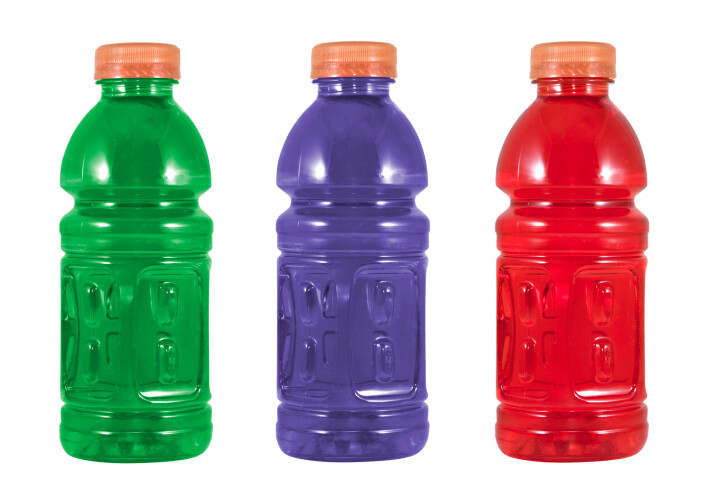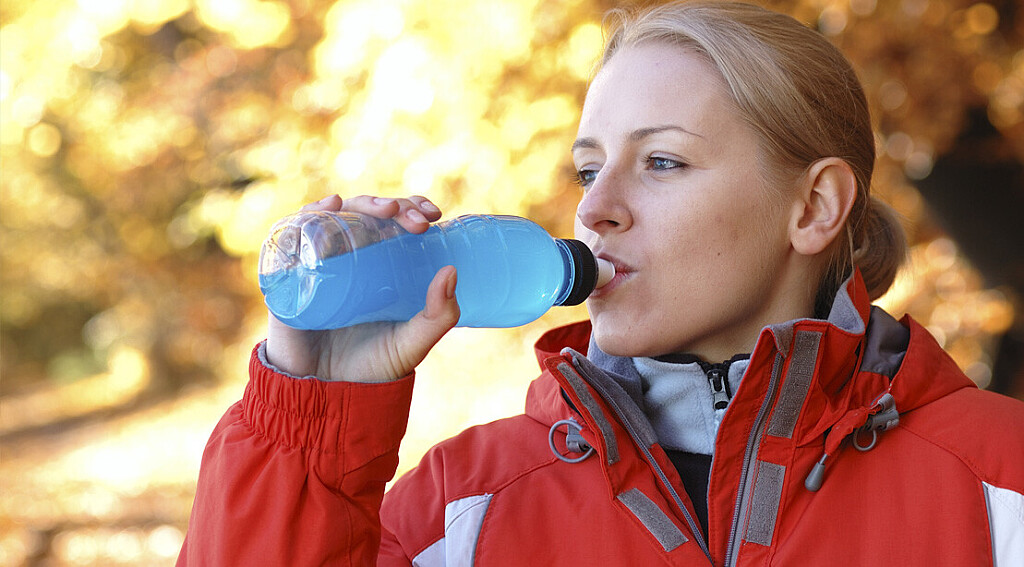Running News Daily
Running News Daily is edited by Bob Anderson. Send your news items to bob@mybestruns.com Advertising opportunities available. Train the Kenyan Way at KATA Kenya and Portugal owned and operated by Bob Anderson. Be sure to catch our movie A Long Run the movie KATA Running Camps and KATA Potato Farms - 31 now open in Kenya! https://kata.ke/
Index to Daily Posts · Sign Up For Updates · Run The World Feed
Do you need to drink electrolytes in the winter?
Hydration is top of mind for most runners during the hot summer months, but when the winter rolls around, our concern for staying hydrated tends to drop along with the temperature.
While you may be sweating less when it’s cold out, maintaining your fluid and electrolyte balance during the winter is still important if you want to feel and perform at your best.

Dehydration can sneak up on you in the cold weather
In the colder weather, we don’t experience the same psychological and physiological triggers to remind us to drink water, but that doesn’t mean we don’t need to drink. In fact, there are several ways winter conditions can actually make you more dehydrated.

Cold, dry air: Cold air contains less moisture than warm air, so your lungs actually have to moisturize the air every time you take a breath. On top of that, when you’re not out for a run, you’re likely spending most of your time in heated buildings, which can also be very dry during the winter months. These dry conditions rob the body of a tiny bit of water every time you inhale, which can add up over the course of a run.
Sweat evaporation: Sweat evaporates very quickly in the cold, so you arrive at the end of a run with relatively dry clothes compared to the summer. This can give you a false impression of how much you were actually sweating during your run, so you may not think you need to drink a whole lot to replace what you’ve lost.
Cold diuresis: Your blood flow is constricted in the winter, which can cause your blood pressure to increase. To counteract this increase, your body tries to rid itself of some of the water in your blood by increasing urine output, which can contribute to dehydration.
Do you need electrolytes in the winter?
With all of that in mind, the rules around hydration in the winter are not that different from the rules in the summer. You may, however, need to be more intentional about your fluid intake during the winter because it’s easy to forget you need to hydrate when you’re not a sweaty mess at the end of every run.
Just like in the summer, when your run is less than an hour, water is just fine for replacing fluid lost through sweat and respiration. If you’re running for more than an hour, you should rehydrate with an electrolyte beverage to replace sodium, potassium and other electrolytes lost through sweat. There are plenty of great hydration products on the market, and if you’re struggling with muscle cramps during your runs or you’re simply feeling sluggish and tired every time you lace up your shoes, dehydration or an electrolyte imbalance could be the culprit.
by Brittany Hambleton
Login to leave a comment




